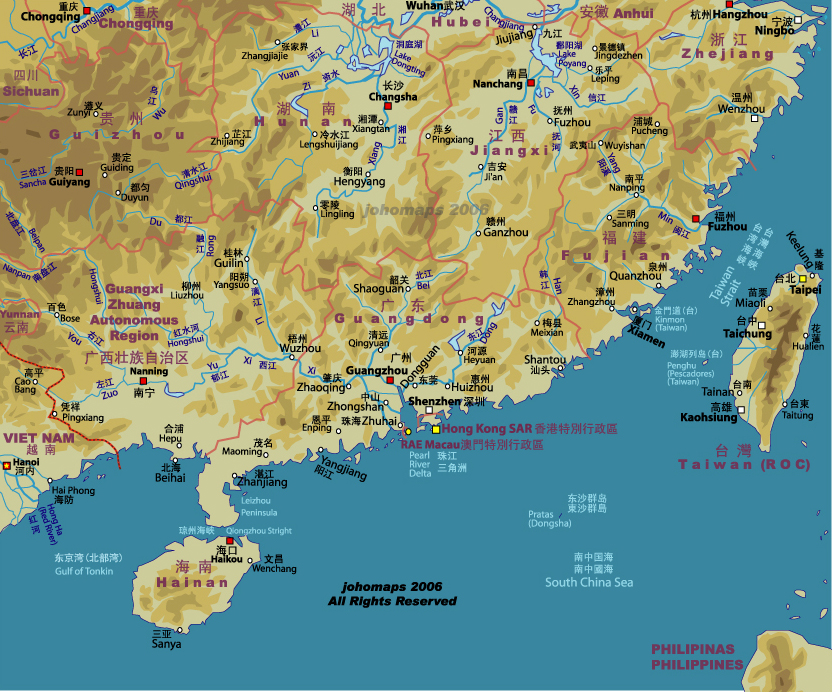In early June, Harrow International School sent a letter to parents announcing that the school will adopt simplified Chinese characters for their kindergarten and primary school curriculum to better prepare their pupils for “the context Hong Kong will be in by 2047.”
Why is this controversial?
Language, spoken or written, has a significant impact. In a previous post, “Do You Speak Chinese,” I wrote about the transition between Hokkien and Mandarin in Taiwan and how Baba’s teacher punished his classmate for speaking Hokkien in school. This story demonstrates that language is not only the soul of a society, it is also a powerful weapon that can be used to control the populace.
It’s starting to happen in Hong Kong too.
Simplified Chinese characters were introduced in China in the early 20th century to increase literacy rate. During the latter part of the 20th century, the PRC government made it the official writing system of China. Other Chinese speaking countries, such as Singapore and Malaysia have also adopted simplified Chinese, but Taiwan and Hong Kong are still using the traditional script. The use of traditional characters sets Hong Kong (and Taiwan) apart from the PRC. It is a not-so-silent protest: “We are not part of the People’s Republic of China!”
The pro-independence camp in Hong Kong, those who were involved in the umbrella movement, are against integration with Mainland China. They see Harrow International School ‘s decision to adopt simplified characters as kowtowing to the PRC.

To the dismay of many Hong Kongers, Hong Kong will unlikely be independent of China. It has been geo-politically part of the PRC since the United Kingdom handed Hong Kong back to China in 1997 after a 150-year rule. The stipulation is that the PRC would have sovereignty of Hong Kong, but they would rule Hong Kong under “one country, two systems” model, meaning that the PRC’s would not enforce their socialist system in Hong Kong for fifty years. However, PRC is already exerting their control over Hong Kong in many ways, like in education. Recently, the Education Bureau mandated a new Chinese History lesson in all secondary schools in Hong Kong.
The PRC’s effort to influence education in Hong Kong made more progress when Harrow International School decided to adopt simplified Chinese characters in their curriculum. They are the first international school to do so—how many more will soon follow?
Reading the article about Harrow International School is just another reminder that the clock is ticking for Hong Kong, and possibly Taiwan too. Taiwan has a slightly different situation than Hong Hong—its status in the international stage is ambiguous. However, living in Hong Kong, I can’t help but feel what’s happening here will eventually occur in Taiwan too—the PRC is patient, they are taking their time and making substantial progress in changing Hong Kong. First, they modify the school curriculum, then they take away the language. Slowly but surely they are taking over Hong Kong, one step at a time. Most recently, the PRC plans to enforce Chinese law on a new train station on Hong Kong soil.
Before we know it, Hong Kong will have centralized media and censored speech. Residents will be living in constant fear as there will be more people like Liu Xiaobo, a Nobel laureate, and democracy activist who died in Chinese custody. He had spent his life protesting against the one-party rule in China and was serving an 11-year sentence when he was diagnosed with liver cancer. I don’t want to live in a society where people are imprisoned and denied access to medical care because they criticize the government.
Sadly, that’s the way the world seems to be going right now—and it is frightening.







